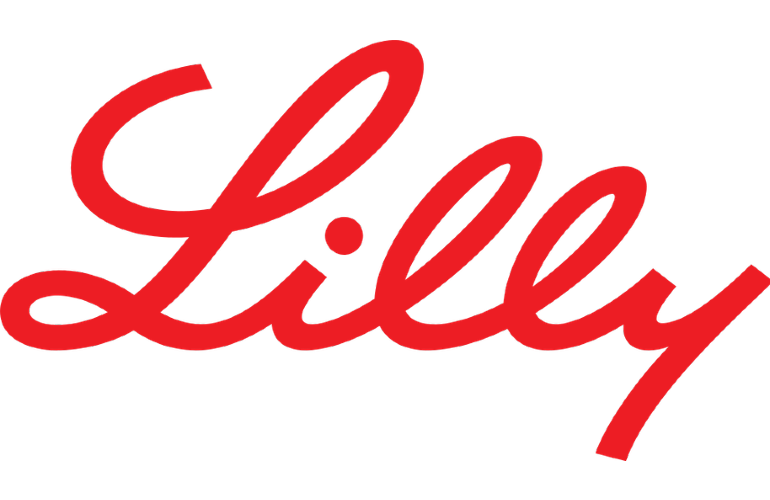 Shares in Eli Lilly (NYSE:LLY) rose today after the drug manufacturer missed earnings expectations, but beat revenue estimates on Wall Street with its 4th quarter results.
Shares in Eli Lilly (NYSE:LLY) rose today after the drug manufacturer missed earnings expectations, but beat revenue estimates on Wall Street with its 4th quarter results.
The Indianapolis-based company posted profits of $771.8 million on sales of $5.76 billion for the 3 months ended Dec. 31, for bottom-line growth of 61.3% on sales growth of 7.1% compared with the same period last year.
Adjusted to exclude 1-time items, earnings per share were 95¢, behind consensus on The Street, where analysts were looking for sales of $5.55 billion.
“Newly launched products – including Trulicity, Cyramza, Jardiance and Taltz – led Lilly’s volume-driven growth in 2016. Pipeline progress also continued with approvals of new products and new indications for existing products in our core therapeutic areas of diabetes, oncology and immunology,” president & CEO David Ricks said in prepared remarks. “We expect this momentum to continue in 2017 and remain focused on launching new products, improving productivity and advancing our pipeline as we work to bring life-changing medicines to patients.”
Lilly said it expects to post EPS estimates between $4.05 and $4.15 on sales of $21.8 billion to $22.3 billion for 2017.
LLY shares were trading at $77.03 apiece today in afternoon trading, up 3.3%.
Yesterday, a class-action lawsuit filed in the U.S. District Court of Massachusetts alleged that insulin makers Sanofi (NYSE:SNY), Novo Nordisk (NYSE:NVO) and Lilly conspired to raise their list prices to get access to pharmacy benefit managers’ preferred lists, instead of competing with each other based on real market prices.
In the last 5 years, the 3 companies have raised the sticker prices on their drugs by more than 150%, according to the lawsuit. A recent study by the American Medical Association demonstrated that the price of insulin nearly tripled between 2002 and 2013.
In December, Lilly said it teamed up with pharmacy benefit manager Express Scripts (NSDQ:ESRX) to offer discounts on the US pharma giant’s insulin products for uninsured patients and people with high-deductible insurance plans. The program began Jan. 1 this year and covers Lilly’s insulins Humalog, Humulin, and the biologic Basaglar. Lilly said it anticipates the program will provide some patients with a discount as high as 40%.

